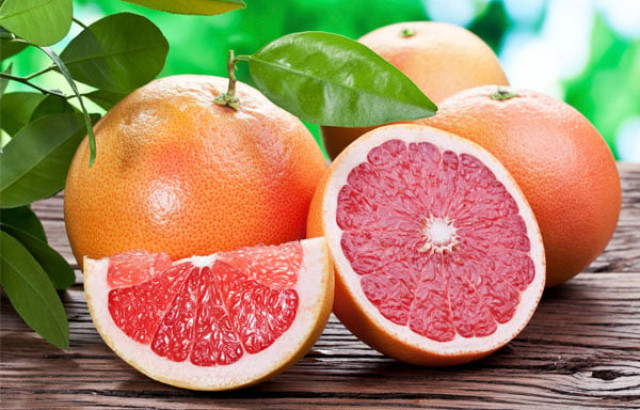Eating citrus fruits may increase risk of skin cancer
Higher overall citrus fruit consumption was associated with increased risk of malignant melanoma in both men and women

Higher overall citrus fruit consumption was associated with increased risk of malignant melanoma in both men and women.
PHOTO: ALEXANDERMKT
Analysing dietary patterns among more than 100,000 people in the US, the researchers found that melanoma risk was 36 per cent higher in people who consumed citrus fruit or juice at least 1.6 times daily compared to those who consumed them less than twice per week.
Read: Orange glasses may help you sleep better
Consumption of grapefruit and oranges was not associated with an increased risk for any other non-skin cancers.
"While our findings suggest that people who consume large amounts of whole grapefruit or orange juice may be at increased risk for melanoma, we need much more research before any concrete recommendations can be made," said lead study author Shaowei Wu, postdoctoral research fellow at Brown University in Providence, Rhode Island.
"At this time, we do not advise that people cut back on citrus - but those who consume a lot of grapefruit and/or orange juice should be particularly careful to avoid prolonged sun exposure," Wu noted.
 PHOTO: IDELTICATE
PHOTO: IDELTICATEThe apparent link between melanoma and citrus fruit consumption may be due to high levels of substances called furocoumarins found in citrus fruits, the researchers pointed out.
Prior research showed that furocoumarins make the skin more sensitive to sunlight, including to melanoma-causing ultraviolet (UV) rays.
Read: Witnessing parental domestic violence linked to migraine
The new study involved over 100,000 men and women in the US. Over a follow-up period of up to 26 years, 1,840 study participants were diagnosed with melanoma.
Higher overall citrus fruit consumption (the total number of servings of whole grapefruit, whole oranges, and juices from those fruits) was associated with increased risk of malignant melanoma in both men and women.
The association was strongest for grapefruit, followed by orange juice.



















COMMENTS
Comments are moderated and generally will be posted if they are on-topic and not abusive.
For more information, please see our Comments FAQ